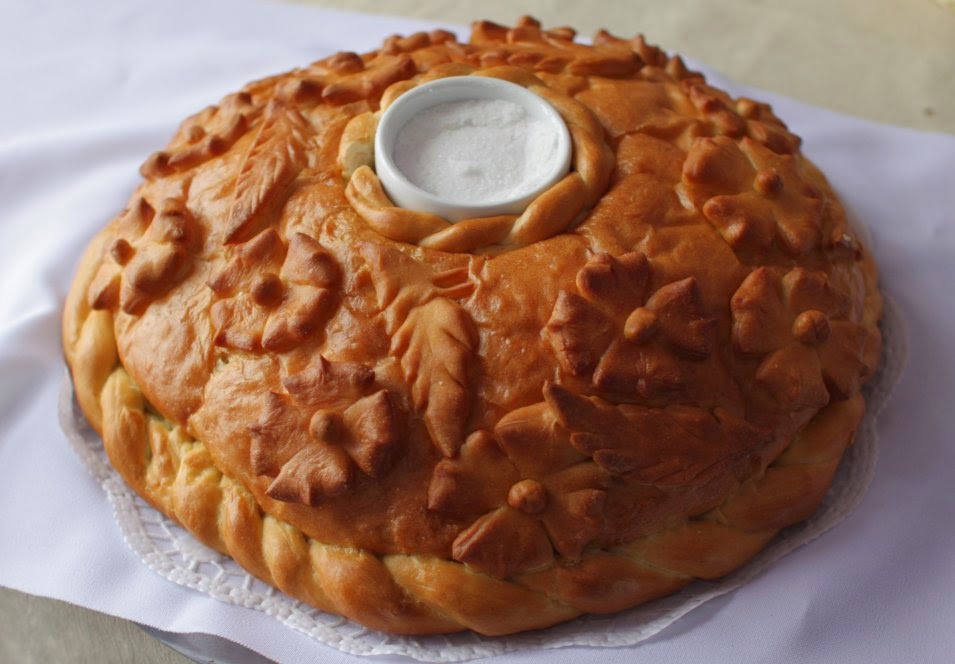The language of the OLB seems to have two different words for lips: LIPPA and WÉRA. Wera/ were was known to mean lip in Oldfrisian (according to the dictionaries of Hettema and Richthofen), but nowadays only varieties of the word have survived in Icelandic and Polish (as far as I know).
vör/ varir - icelandic
warga - polish
wera, were - oldfrisian
The expression "she opened her lips and spoke" is used three times in the OLB (fragments 1c, 1d, 1e).
1. WÉRA = lips

a. [005/05] (Ádelas council)
THÀN MOTON ALLE LÉRINGA OVERA WÉRA
JVWERA WIVA ÀND TOGHATERA THÉR.IN STRÁMA.
dan moeten alle leringen (leren, lessen) over de lippen
van uw vrouwen en dochters daarin (brein en hart v.d. kinderen) stromen.
then all teachings must stream from ('over') the lips
of your wives and daughters in there (into the brains and hearts of the children)
b. [009-25] (Ode to Frya)
VNTLVKTON HJRA WÉRA. THAN SWÉGON THA FÜGELON
ÀND NE RORDON THA BLÉDAR NAVT MAR
ontluikten (openden zich) haar lippen, dan zwegen de vogelen
en bewogen (roerden zich) de bladeren niet meer
when her lips opened, the birds fell silent
and the leaves stopped moving

c. [064/08] (Kàlta and Minerva)
THA HJA SACH THAT ALLE ÔGON VPPER FÀSTIGATH WÉRON.
ÉPENDE HJU HJRA WÉRA ÀND KÉTH.
Toen ze zag dat alle ogen op haar gevestigd waren,
opende ze haar lippen en sprak:
When she saw that all eyes were aimed at her,
she opened her lips and spoke:
d. [083/18] (Franas end)
TO LÔNGA LESTA ÉPENDE HJU HJRA WÉRA ÀNDE KÉTH.
Tenslotte (te lange leste) opende zij haar lippen en sprak:
Finally, she opened her lips and spoke:

e. [091/27] (Bruno)
THA HJU THET WORD GUND WAS.
ÉPENDE HJU HJRA FALXA WÉRA ANDE KÉTH.
Toen haar het woord gegund was,
opende ze haar valse lippen en sprak:
When the word (the floor) was given to her,
she opened her evil lips and spoke:

f. [161/08] (Gosas council)
NIMMER MÁRE NÉN ÔRE TÁLE OVIR THINA WÉRA NI KVMA TO LÉTANE
nimmer meer een andere taal over uw lippen te laten komen
to never again let another language pass through ('come over') your lips
2. LIP, LIPPA = lip, lips

a. [076/02] (Ulysos)
INNA WANDEL WRDE HJU KÁ.LIP HÉTEN
UT HAWEDE HAT HJARA VNDER.LIP ASEN UTKIKBORED FARUTSTÀK.
in de wandeling werd ze Ká-lip genoemd,
omdat haar onderlip als een uitkijkbord (?) vooruitstak.
she was commonly called Ká-lip,
because her lower lip stuck out like a lookout-board (?).

b. [158/13] (Gosas council)
ÉNE TÁLE IN ALLER TONGA ÀND VP ALLER LIPPA
één taal in aller tongen en op aller lippen
one language in the tongues and on the lips of all

















